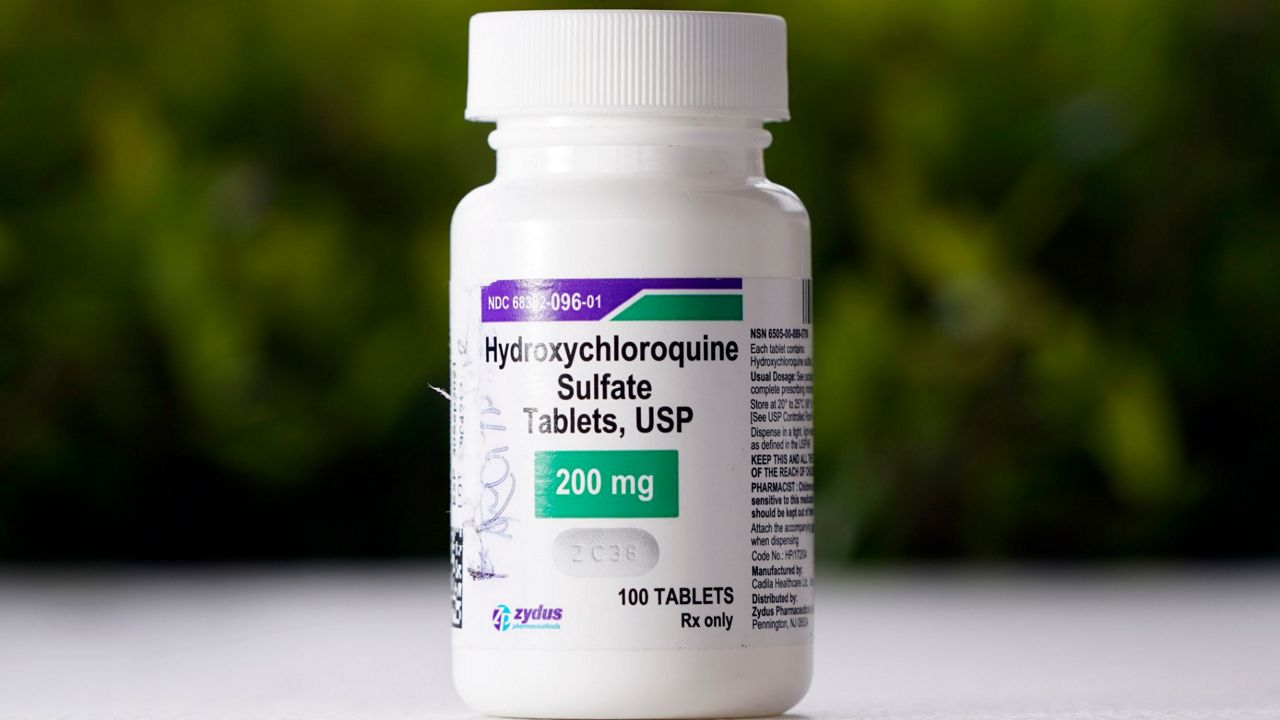It was a study that seemed to confirm the drug’s potential: hydroxychloroquine, in combination with the antibiotic azithromycin and zinc supplements, produced much better outcomes in COVID-19 patients than a two-drug combo of hydroxychloroquine and azithromycin alone.
But one of the study’s researchers said it should never have been interpreted as justifying President Trump’s decision—revealed a week later—to take that very same drug regimen as a preventative measure.
“The trial I did didn’t look at the efficacy of hydroxychloroquine at all,” Dr. Joseph Rahimian, an infectious disease specialist at NYU Langone, said on Tuesday. "And I think I became a victim of the politicization of this medication.”
The study, Rahimian, said, “was really looking at the effect of zinc. But because it had hydroxychloroquine in the title of the submission, it got sucked into the whole controversy about whether hydroxychloroquine works or not and how effective it is.”
Doctors and researchers are largely abandoning the use of hydroxychloroquine, which a recent study found was associated with a higher risk of death and heart irregularities than other COVID-19 treatments.
A separate clinical trial at NYU looking at hydroxychloroquine’s efficacy has been halted, Rahimian said. “It became more difficult to enroll patients."
Over the weekend, the World Health Organization said it was suspending its testing of the drug.
Trump, meanwhile, was an early and vocal support of hydroxychloroquine, before it had ever been deemed effective or safe in treating COVID-19. Sunday he said in an interview he had just finished taking his two-week course of the drug.
As for zinc, its future as a COVID-19 treatment holds more promise, Rahimian said.
“I think there’s a lot of interest in whether it may work."



